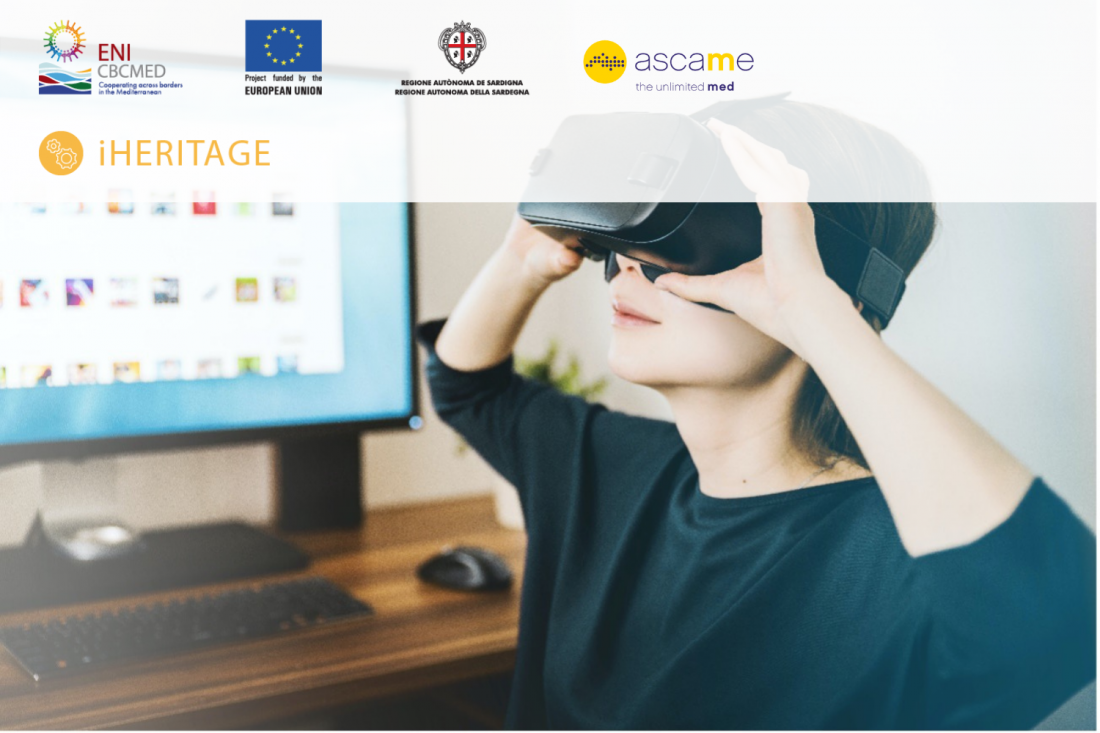iHERITAGE highlights the Importance of Education to Bridge Cultural Legacy and Innovation in the Mediterranean

In a recent article written by Mr. Anwar Zibaoui, General Coordinator of ASCAME, he highlighted that “education is a powerful force that can accelerate economic growth, improve income distribution, facilitate social mobility, and reduce poverty: something that should be high on the political agenda”.
This statement is particularly true in the Mediterranean, a crossroad of civilizations, with an extremely rich cultural heritage where education has gone hand in hand with history since ancient times. For millennia, the Mediterranean has been a meeting point for knowledge and transformation, long before modern innovation regional hubs were a thing.
Creativity was and still is its trademark! After all, the Mediterranean’s human capital has always been its biggest strength. It is here where creativity and innovation must go hand in hand and advance together to help fill the gap of the 32% of youth unemployment rate in the South Mediterranean region—one of the highest worldwide.
To fill that gap, digital education is a priority. We must provide young people with the digital skills necessary to tackle the challenges ahead: the younger generations have the potential to bring growth to the region and to lead a revolution of innovation thanks to digital knowledge. However, to move forward we also need to look back. In this context, we need new techniques to interpret the past, not only to better get to know where we come from but also to boost the development of technology and research.
That is why the iHERITAGE Project, in which ASCAME is an active partner, is so important: it improves access to the Mediterranean’s UNESCO cultural heritage by promoting cross-border technological transfer, Living Labs, industry-academia collaboration and the creation of spin-offs and new products, using the latest Information and Communication Technologies (ICT): Augmented Reality (AR), Virtual Reality (VR) and Mixed Reality (MR) in Italy, Spain, Portugal, Egypt, Jordan and Lebanon.
In this way, the project addresses the socio-economic challenges of the Mediterranean by creating a space that requires the active involvement of young people, women, and NEETs (people Not in Education, Employment, or Training) and shows a new trend of economic growth for the SMEs of the cultural sector.
The digital future is already here, and it brings, through projects such as the iHERITAGE project, the Mediterranean youth closer to new virtual, augmented and mixed realities and to new innovative digital tools necessary to build up a strong labour market.







